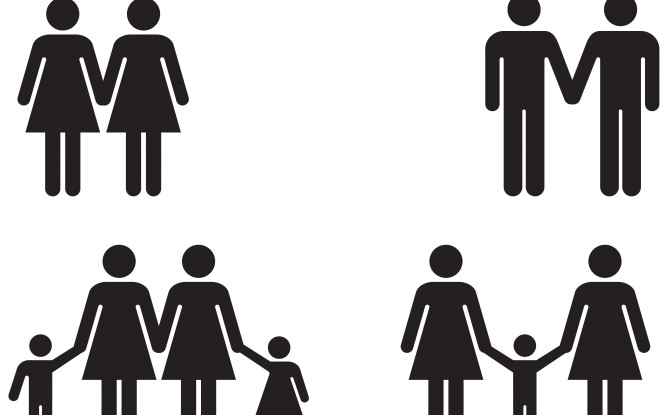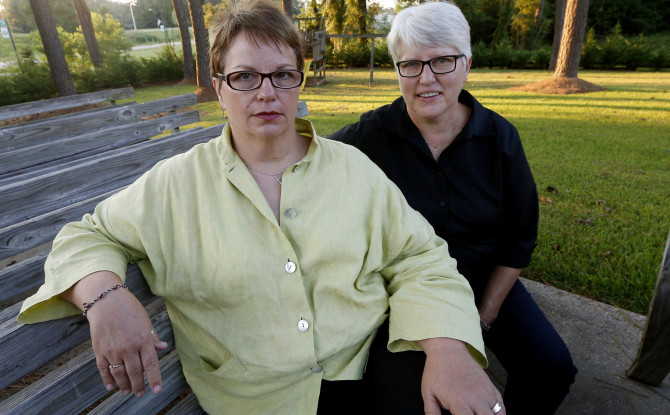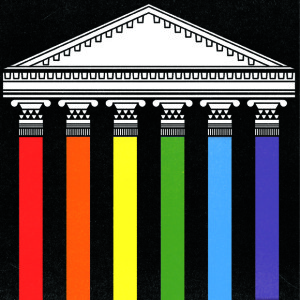LGBT parental rights in a changing world. Will the law catch up to our families?
Lesbian couples raising children conceived through assisted reproduction made front-page news last month when the Supreme Court rebuked Alabama’s refusal to recognize the Georgia adoption decree that made two women legal parents of the couple’s three children. On Tuesday, the Maryland Court of Appeals will take up a related issue. LGBT parental rights are in the news.
In 2009, after nine years together, Michelle Conover, a transgender man now known as Michael Conover, and Brittany Eckel decided to have a child. They used Shady Grove Fertility Center, selecting semen from an anonymous donor chosen for characteristics similar to Conover. Eckel was inseminated, and, in April 2010, Jaxon was born and given Conover’s last name. Conover was present at Jaxon’s birth and was his stay-at-home parent. When Jaxon was 5 months old, the couple married. About a year later, they separated, although they continued to raise Jaxon together until Eckel allegedly cut off Conover’s access. In their subsequent divorce action, Conover sought visitation rights, but the trial court and the Court of Special Appeals ruled that he was not Jaxon’s legal parent and, as a third party, not entitled to continue his relationship with him.

The family form is new, but the legal question in the case is not: Who is a child’s legal parent? Extramarital affairs and nonmarital births have always provided challenges for courts grappling with that question, but assisted reproduction has added another dimension.
When married heterosexual couples with an infertile husband began using donor semen in the mid-20th century, some courts called the practice adultery, and legal authorities opined that the child was “illegitimate.” The result was statutory reform in many states, including Maryland, delineating that a child conceived through a married woman’s insemination with the consent of her husband is the “legitimate” child of both of them.
Several state courts have read those statutes to apply to the child of a married lesbian couple. But what about Jaxon, whose parents were not married when he was born? Unmarried couples — gay and straight — now regularly use assisted reproduction. The District has recognized since 2009 that a child born to a married or unmarried couple that uses donor insemination is the legal child of both members of the couple. Had Jaxon been born in a D.C. hospital, Eckel and Conover would both be listed as his parents on his birth certificate.
Washington Post – April 3, 2016, by Nancy Polikoff
Click here to read the entire article.



